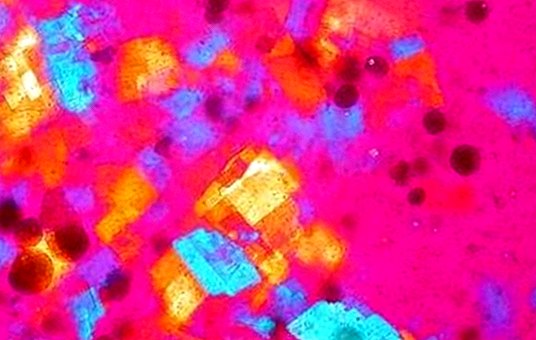What is arrhythmia, causes and treatment
The heart is the organ responsible for pumping blood and oxygen to the different tissues of the body, that is why, it should be throbbing between 80 to 100 times per minute. When an alteration or disorder of this frequency occurs, we commonly speak of an arrhythmia.
Among the main types of arrhythmia types are: tachycardia occurs when the heart beats very fast and the heart rate frequency exceeds the normal values of 100.

While bradycardia occurs when the heart beats very slowly and the heart rate is less than normal, less than 80. This condition represents irregular, uneven or protruding beats.
It is important to emphasize that the heart rate can vary, without necessarily signifying a problem depending on the individual and the activity that is being performed; An example of this can be represented by the moment when a person carries out some exercise.
However, if the arrhythmia is experienced with severity and without apparent reason, it could mean that a more serious pathology is suffered, in addition, the consequences could be negative because of the deficit of pumping blood to the body.
What are the causes of the arrhythmia?
The heart throughout life performs a large number of contractions and dilations, as a result of certain electrical impulses generated by the nervous system.
The contractions are called systole and their function is to push the blood into the circulatory system. Being dilatations product of diastole, responsible for relaxing the muscles of the heart allowing the entry of blood.
In this sense, the arrhythmia finds its causes in certain changes or failures in the electrical impulses that promote heart movements and occur when:
- The electrical impulse is not generated properly.
- The electrical impulse arises at the wrong point.
- The roads for electrical conduction are altered.

Likewise, the alteration of the heart rate can be experienced as a consequence of various pathological factors that the individual may suffer, such as:
- Hyperthyroidism.
- Heart failure.
- Congenital heart disease.
- Attacks on the heart of the past.
As well as, they can be caused by the intake of certain substances such as:
- Caffeine, nicotine, stimulant drugs and alcohol.
- Medications prescribed for depression
- Medications for the heart.
What symptoms does it present?
The person suffering from arrhythmia may or may not perceive it; For the most part, this anomaly shows no symptoms unless the person is faced with a severe condition. However, sometimes, you may feel a kind of "stumble" or a very annoying feeling of acceleration of the heart.
Among other symptoms, we find, depending on the degree of severity:
- Syncope or loss of consciousness.
- Strong palpitations of the heart, in normal situations, we do not perceive the heartbeat.
- Pain in the chest product of the effort that the body makes to stabilize.
- Dizziness and nausea are commonly experienced when there are changes in tension.
- Sweating
- Difficulty breathing.

What is the right treatment?
Eventually, the treatment may vary, depending on the type of arrhythmia, the causes and the characteristics of the patient.
As mentioned above, arrhythmias may or may not be a consequence of any serious pathology, therefore, when the person goes to a health care center for presenting heart rhythm disturbance as a result of other heart diseases, the treatment will be the one that merits said disease . If the clinical picture is serious, the doctor can make use of various resources such as:
- Electric shock therapy.
- Supply of some anti arrhythmic medication.
- Implementation of a pacemaker.
However, in the case of benign arrhythmia, more frequent, the product of some emotional change or the performance of some physical activity, no treatment should be administered, the irregularity will have disappeared when the stimulus ceases.

Basic recommendations to keep in mind
- Do not neglect cardiovascular diseases that may suffer.
- Carry out health check-ups with your family doctor.
- Maintain a healthy pace of life, eat properly and exercise regularly.
- Avoid situations of stress.
- Perform leisure and relaxation activities at least twice a week; being these as meditate and share with family and friends.
It is scientifically proven that emotional stress produces disastrous consequences for the health of the heart, because it can modify the chemical substances in the body. Currently it is related to a number of heart diseases increasing the risk of cardiac arrest. This article is published for informational purposes only.It can not and should not replace the consultation with a Physician. We advise you to consult your Trusted Doctor. ThemesCardiovascular diseases


